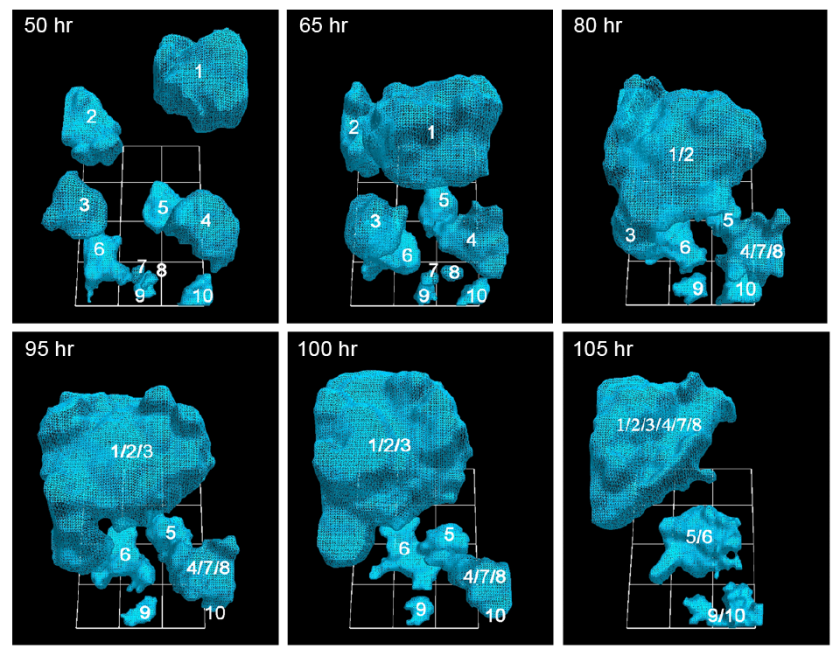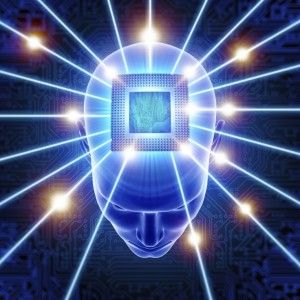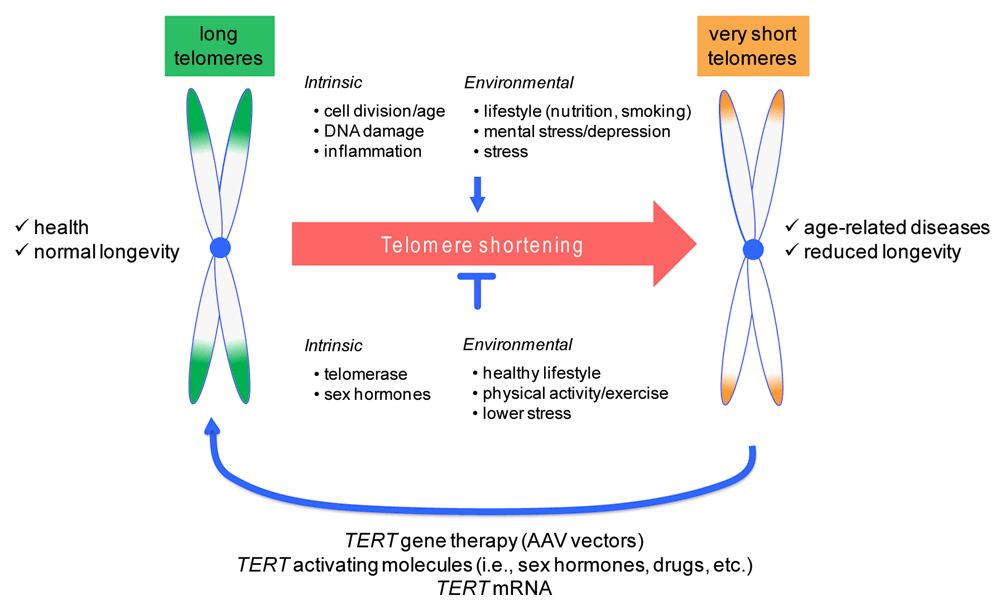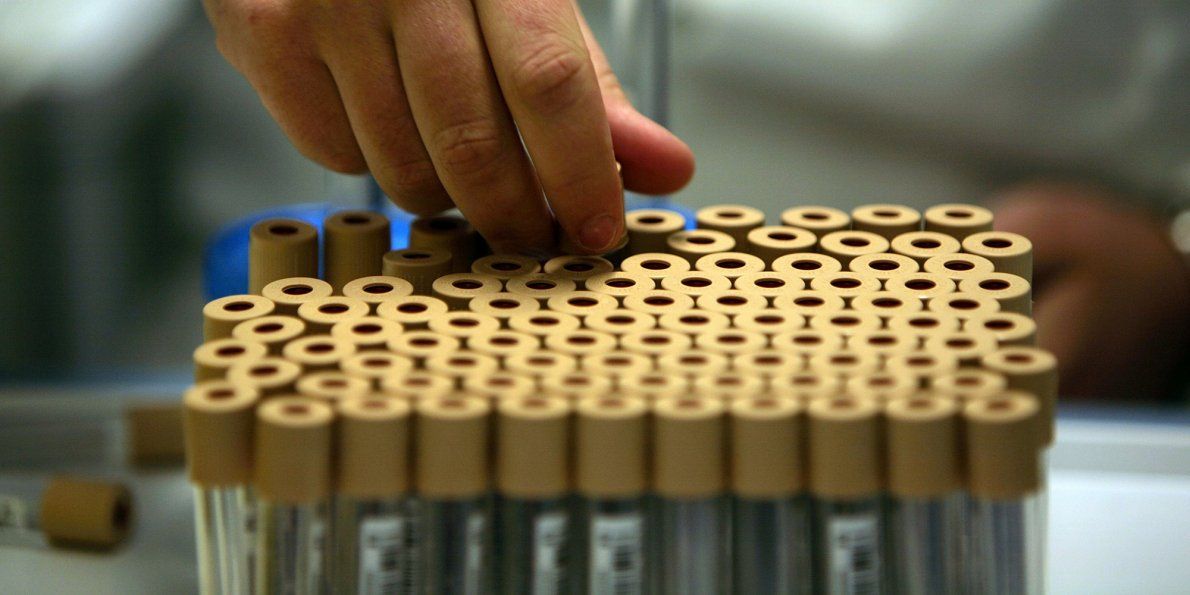Jan 26, 2016
Cancer riddle, solved: Researchers reveal how cancer cells form tumors
Posted by Shailesh Prasad in categories: biotech/medical, health
Cancer is a mysterious disease for many reasons. Chief among the unknowns are how and why tumors form.
Two University of Iowa studies offer key insights by recording in real time, and in 3-D, the movements of cancerous human breast tissue cells. It’s believed to be the first time cancer cells’ motion and accretion into tumors has been continuously tracked. (See accompanying videos.)
The team discovered that cancerous cells actively recruit healthy cells into tumors by extending a cable of sorts to grab their neighbors—both cancerous and healthy—and reel them in. Moreover, the Iowa researchers report that as little as five percent of cancerous cells are needed to form the tumors, a ratio that heretofore had been unknown.

















